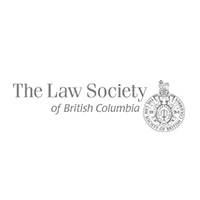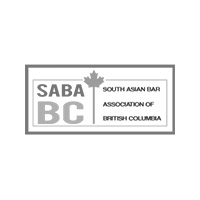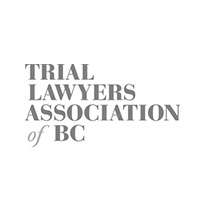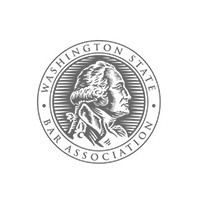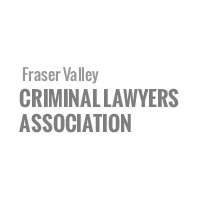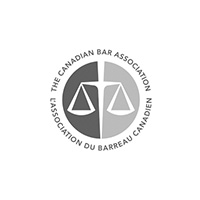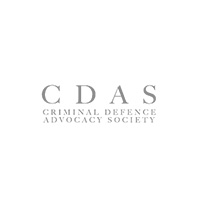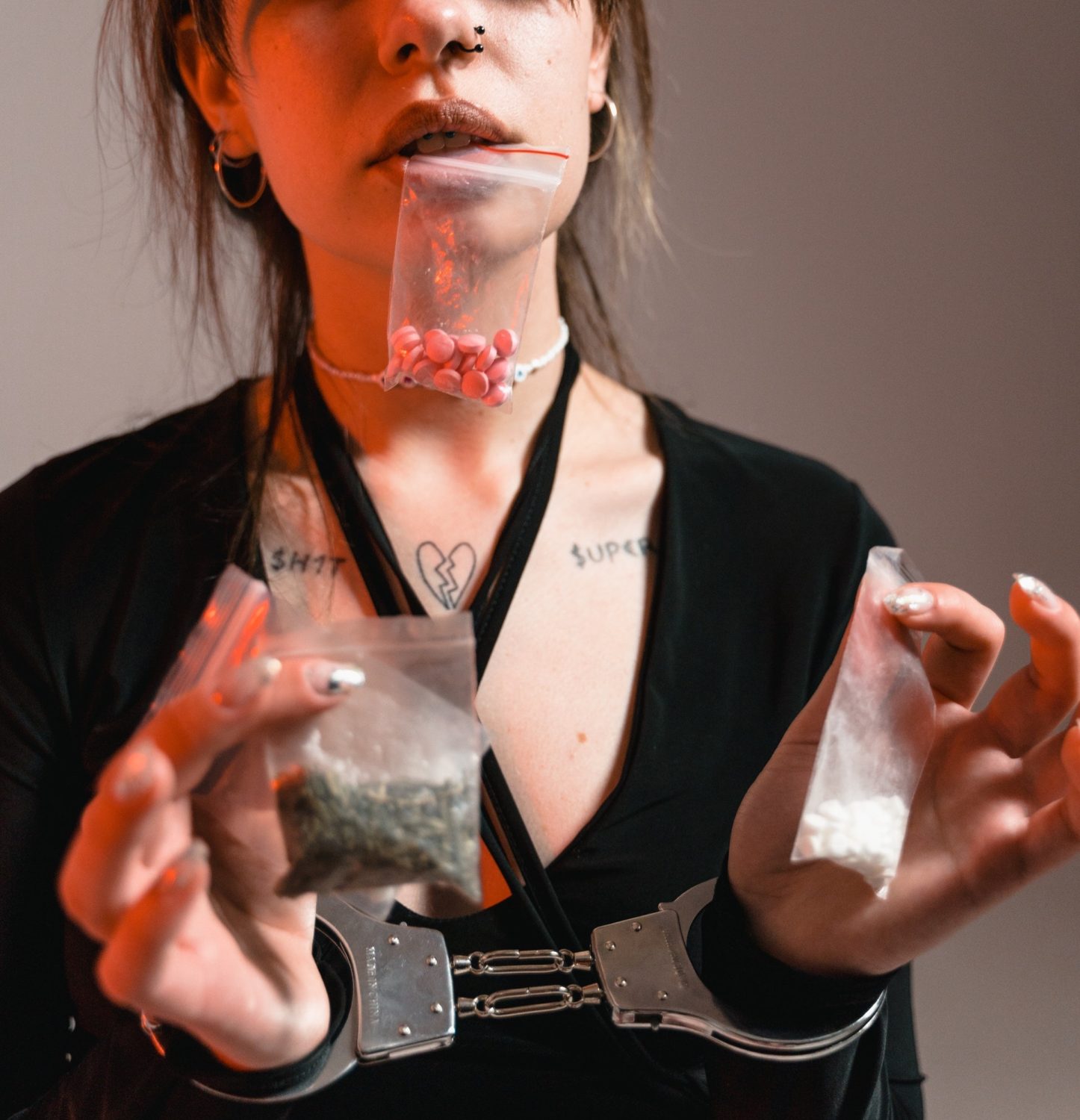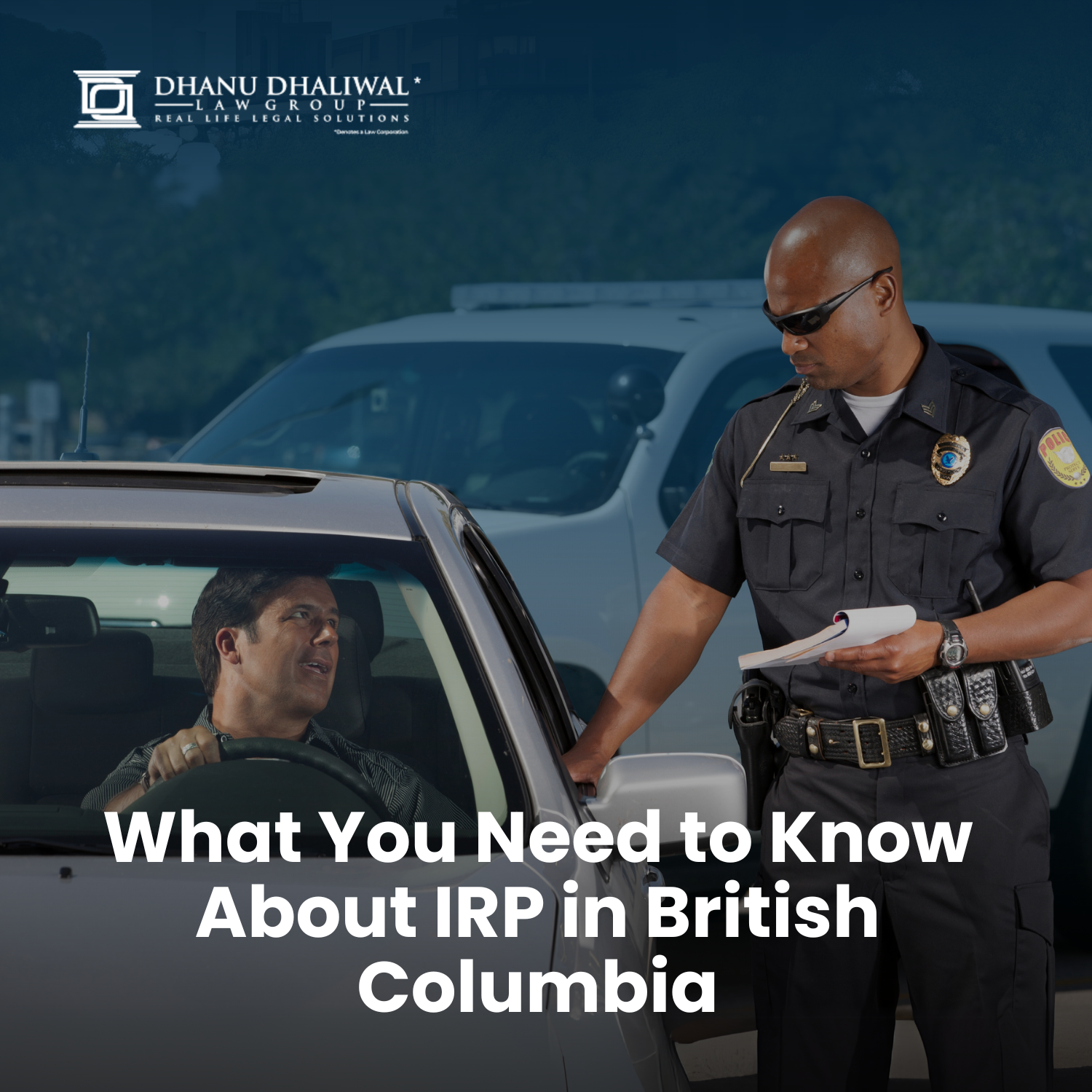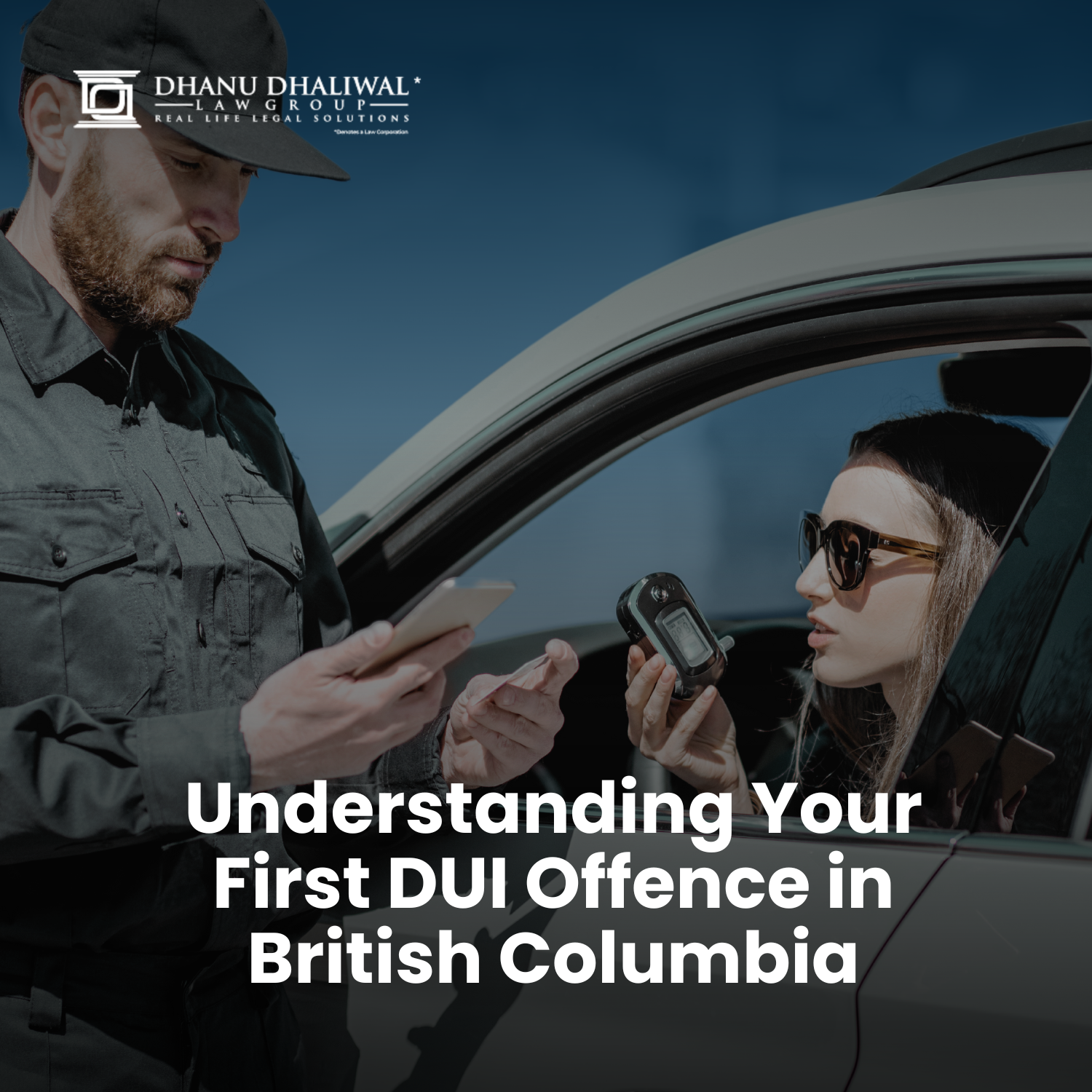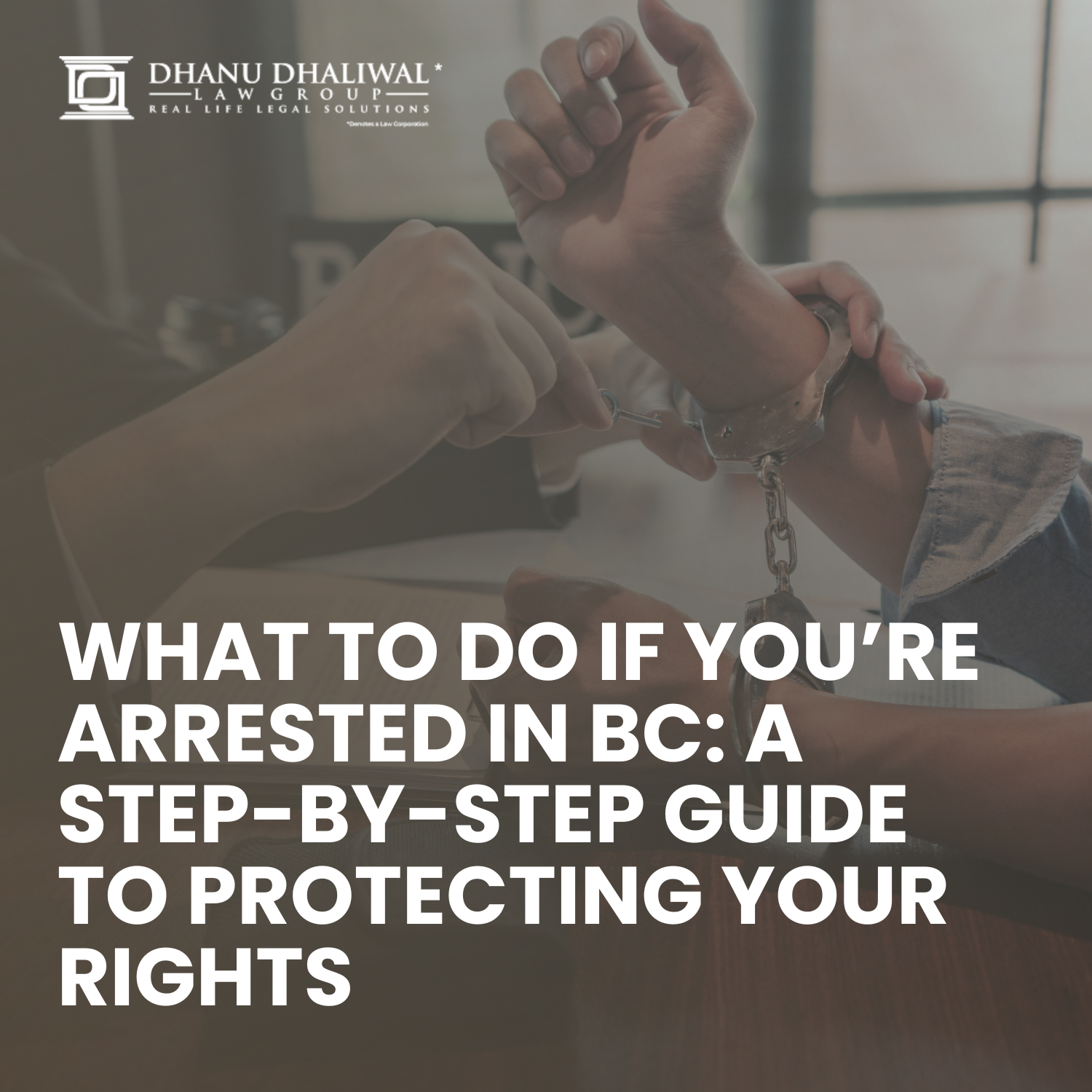Drug Offence Consequences
The consequences of not properly dealing with drug offences have far reaching consequences for you and your loved ones. Because it’s a Criminal record. Having a criminal record because of drug charges will affect different aspects of your life. If you want to travel to the United States for work or family trips, you may find yourself barred from entry into the country.
Like with many criminal offenses, Crown Counsel has certain discretion in deciding how to charge criminal defendants charged with drug offences. Crown Counsel can either seek a simple summary conviction, which carries lesser criminal penalties, or he or she can seek a formal criminal indictment.
Most first-time drug offence charges are dispensed by summary conviction procedures, whereas the more serious crimes such as drug trafficking will always be indicted.
For first time offenders subjected to the summary conviction procedure, the maximum possible penalty is a $1,000 fine and six months in prison if the defendant is found guilty. Keep in mind that these are maximum penalties and that lower punishments are often levied. For repeat offenders, the maximum penalties are doubled to a $2,000 fine and up to one year in prison.
When a drug offence is indicted by the Crown Counsel, he or she can seek more serious penalties. Indictments generally are sought for more serious drug charges such as trafficking and manufacture of drugs but are also occasionally sought for the mere possession of more dangerous drugs like heroin or cocaine. If Crown Counsel proves that the criminal defendant is guilty using the indictment procedure, the maximum penalty can be up to seven years in prison.
Finally, certain factors can aggravate the drug offence charges and result in additional penalties. For example, if a criminal defendant was trafficking narcotics for a criminal organization or if the criminal defendant was using a weapon, additional charges can be brought. The location of the drugs can also result in increased penalties. Attempting to sell drugs near a school or selling to a minor can also constitute aggravating factors.



